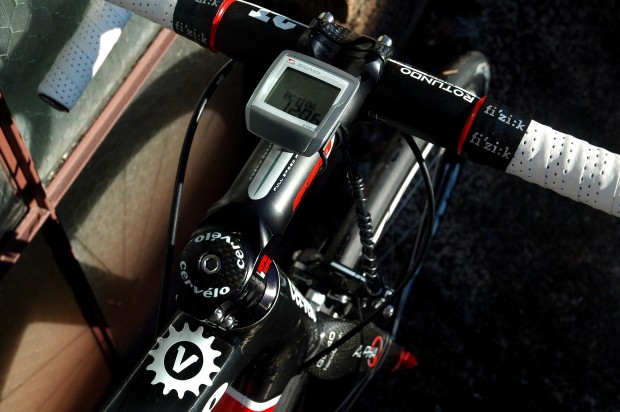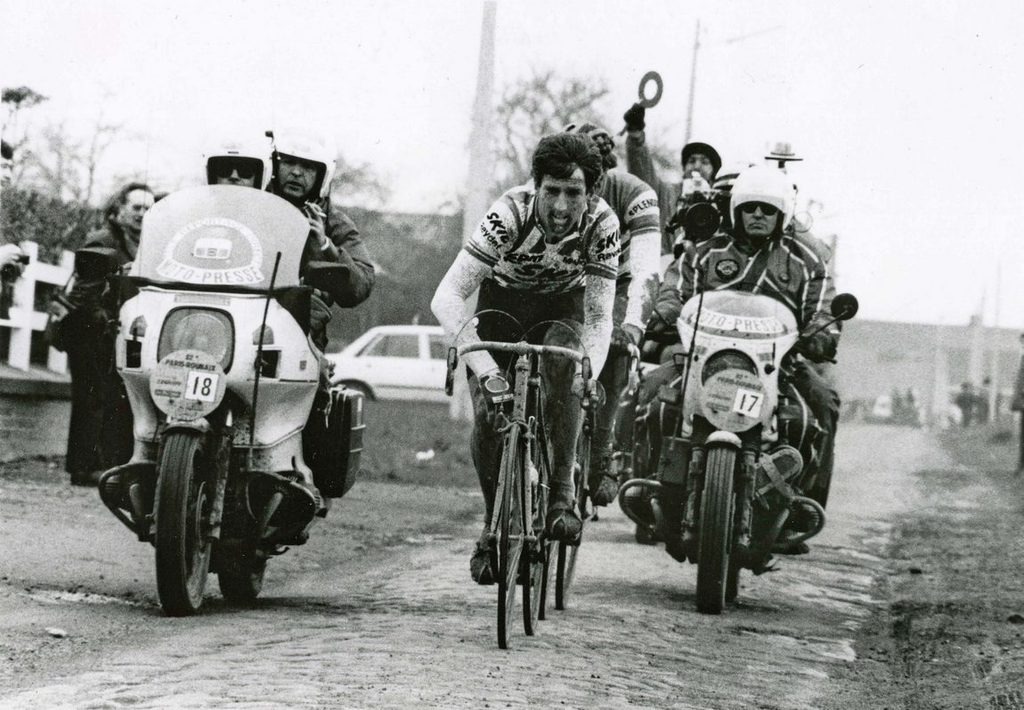Reverence: Sigma 1100

Simplicity. There is little in this world that I find more exciting than a complicated problem solved by a simple, elegant solution. Focusing on simplicity is particularly useful when weighing intricate competing facts because it allows you to say, “None of those complicated factors are likely to work out in my favor, so I'll ignore them and instead focus on the ones that my tiny, Twitter-saturated brain can comprehend in seven seconds or less and which support my hypothesis.” I am to understand that most American businesses are run using this model. But enough about philosophy and business.
It may come as a surprise to you, but I am a bit of a gear head. The last time my VMH and I were on holiday, the hotel staff unloading the car asked us when the rest of our party was arriving. Yeah, no, 'fraid not – just us. Being a technologist professionally also offers me the benefit of not being terrible with electronics, so the complexity of the gear is generally of little concern from a technical standpoint.
It doesn't take long for new gadgets and gizmos to find their way from the shelf into my gearbox. When Mektronic hit the market, my first reaction was, “Bullocks to these antiquated cables and levers; computerized shifting is the Future.” It was during my tenure with Mektronic that I had my first epiphany about technology and cycling. As with most epiphanies, mine was unexpected and came while sitting on the side of the road with broken chain after some kind of rogue radio signal sent my derailleur into hysterics and I realized: technology does not always improve the enjoyment of the ride.
I have been to the dark side of cycling computers. I had the full Polar setup that tracked loads of data and allowed me to download it into my computer so I could wonder at the pretty wiggly lines. I was obsessed. Each ride started with the dance of getting the heart rate strap positioned just right so it could prove I was alive. As I started rolling, I'd punch the big red button on the computer to order it to start it's recording. Finishing my ride, I would focus on punching the same red button a second time to stop the recording, for fear that recording while stationary would lower the overall squiggliness of the lines. The value of my rides was measured by how far, fast, and high I'd gone.
It came to it's peak during L'Etape du Tour in 2003. After the ride, I found that the computers had stopped recording about half way through. I was devastated. It took a while, but time does indeed mend a broken heart. I eventually came to understand that the ride was just as amazing with or without the data, and slowly left the numbers obsession behind.
The natural progression from that point was to abandon the computer altogether. For a while I indulged in the simplicity of the road, focusing completely on the ride itself and nothing else. Eventually, however, I came to understand that the very nature of Rule #10 implies that no data at all is a very difficult way to judge how your climbing is progressing. After all, speed makes up 50% of that Rule, otherwise it would just be, “It never gets easier” and that would be pretty demoralizing. Besides, I always feel like I've got the anchor down when I'm climbing, so the speed is what I use to judge if I am, in fact, going faster or if I'm just suffering and slow. (Unfortunately for me, it's usually the second.)
With that, I present my Rule #10 meter of choice, the Sigma 1100. It is lightweight and mounts on the stem, which are the two most critical things. It also uses a beautiful, simple rubber band to mount all the parts, which means no messy zip-ties or screws are required; the whole installation requires zero ties or tape whatsoever. It is not wireless, which means one less battery to run down, and the cord is nice and thick and wraps beautifully around the front brake cable.
Clean and simple, the almost-perfect computer – second only to the V-Meter.
[dmalbum path=”/velominati.com/content/Photo Galleries/frank@velominati.com/Signma 1100/”/]

